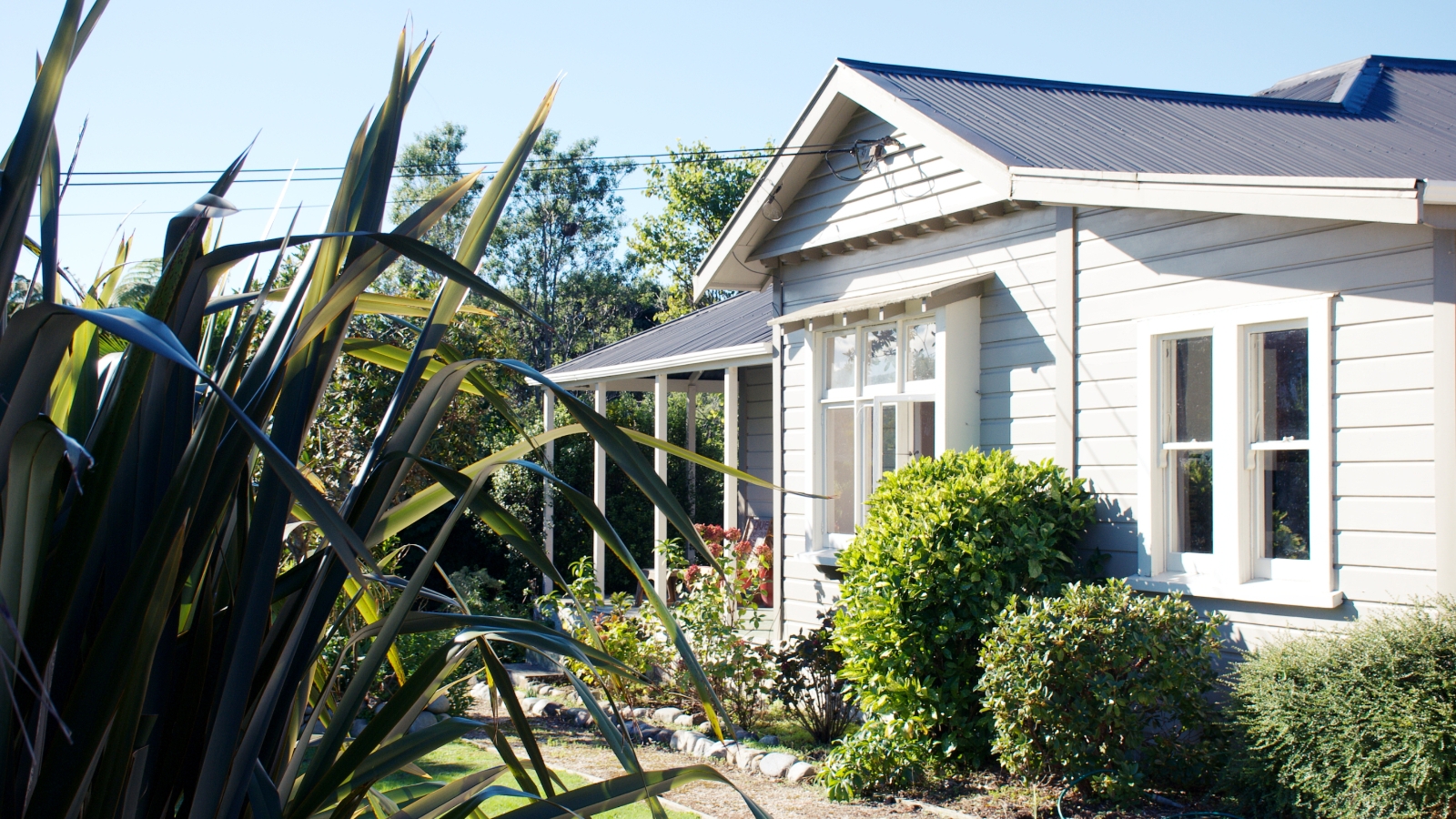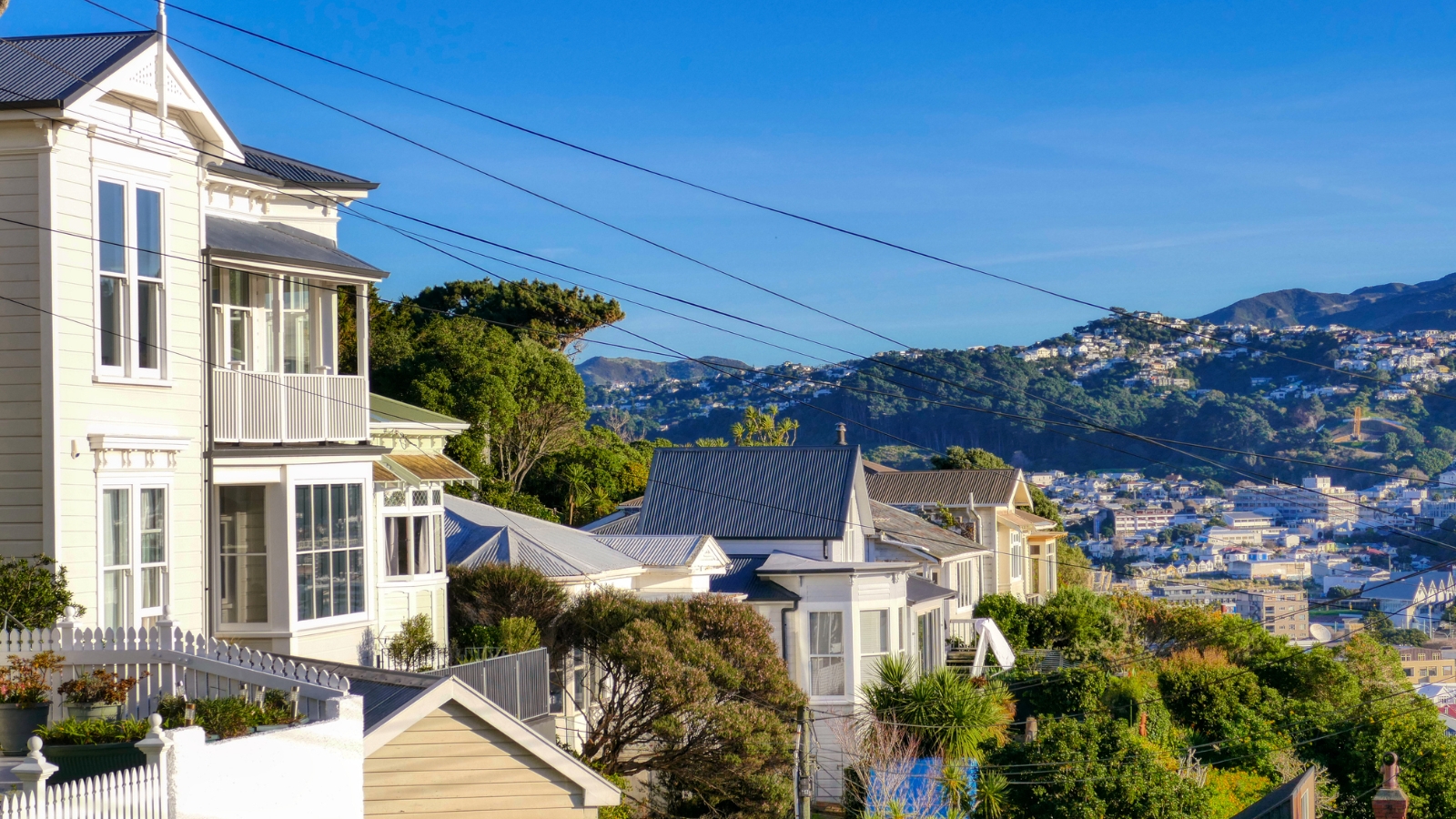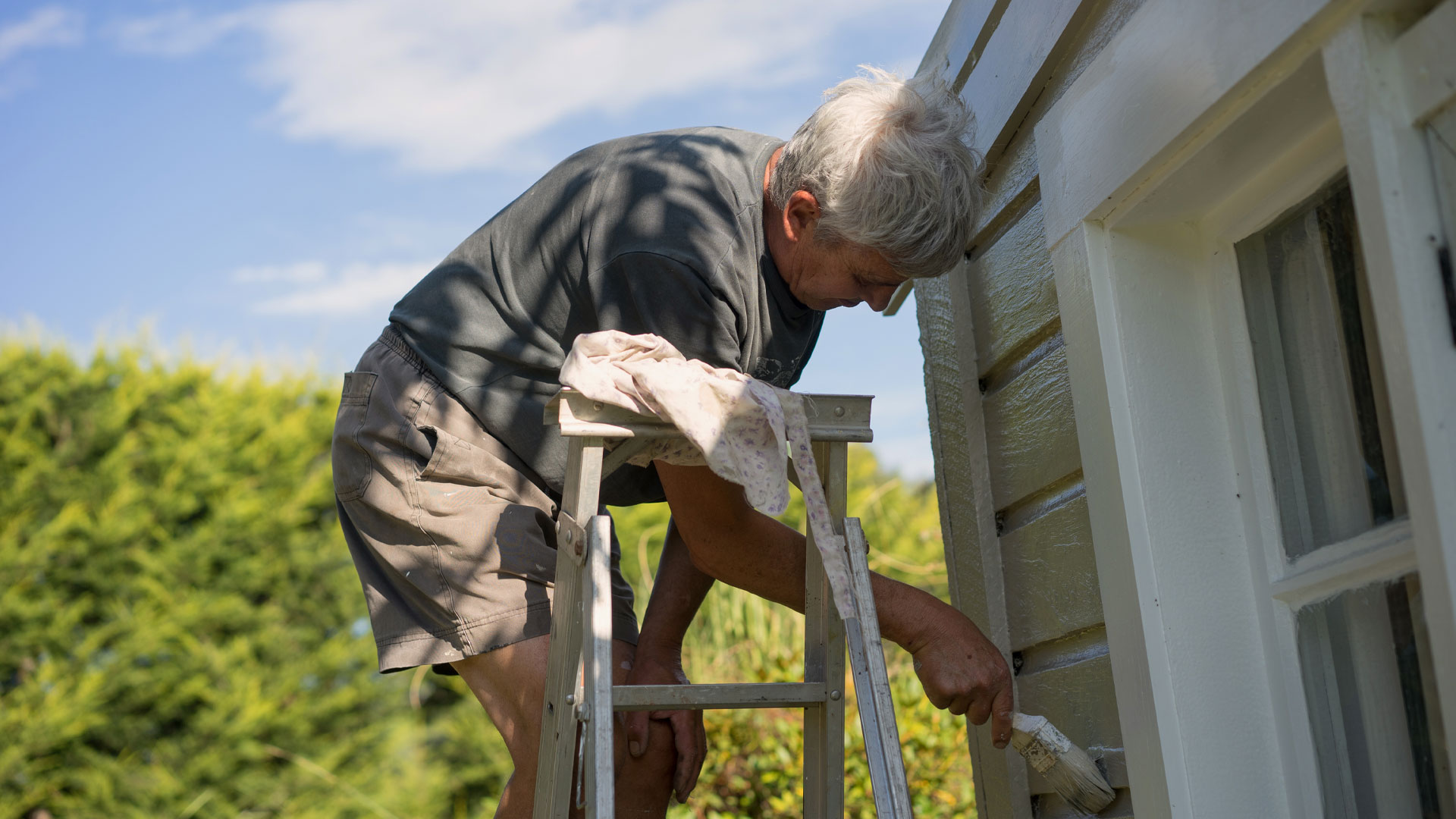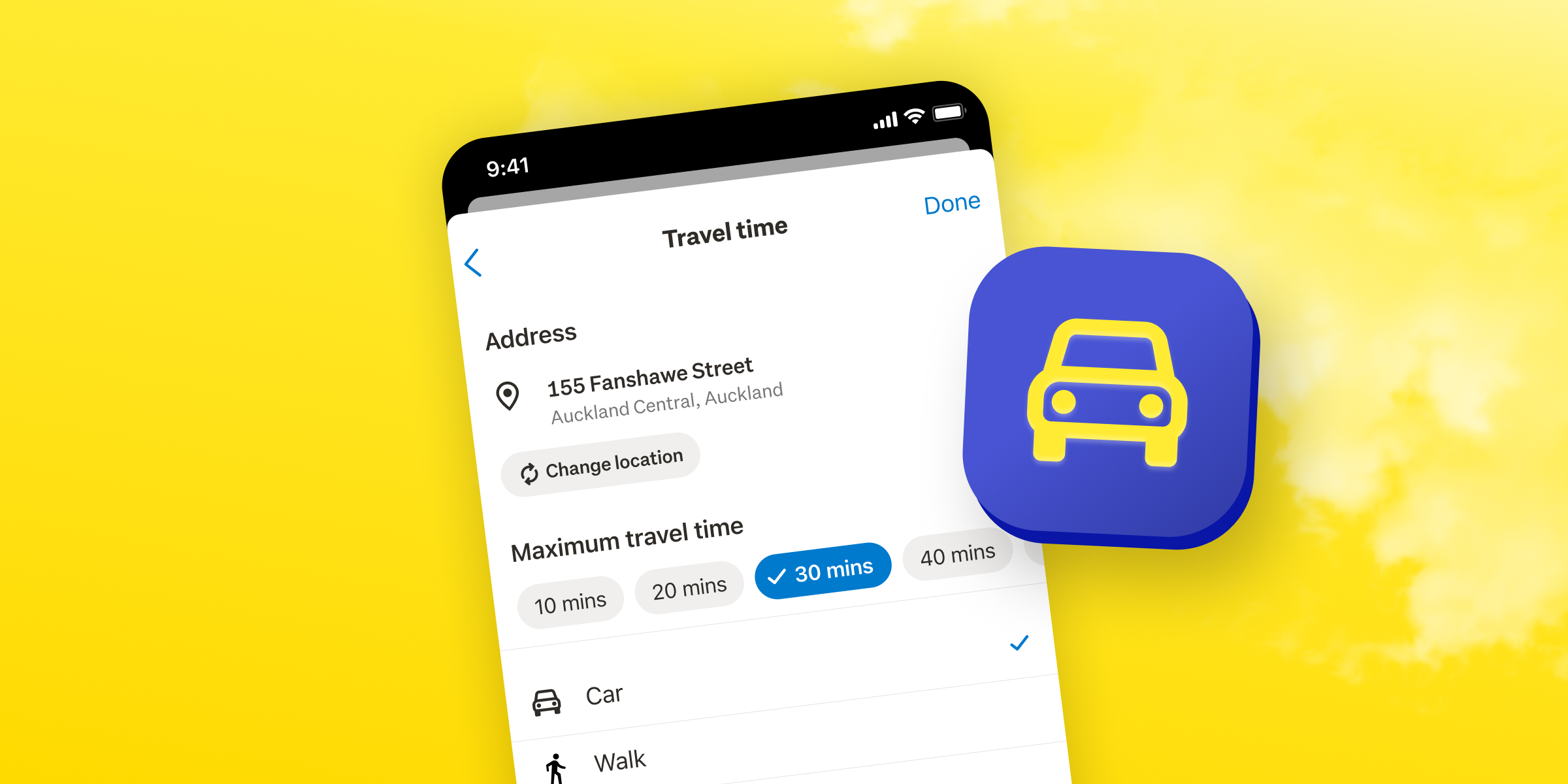Buying guide
What is a rateable value in NZ? RVs explained
If you own a property (or you’re buying) it’s good to know a thing or two about RVs

Rateable value explained
RVs do not neccesarily reflect the true value of a property.
Why RVs don’t necessarily reflect the value of property
RVs are important but shouldn't be relied upon to figure out a propety's value.
What is market value?
Check out online property estimates
Author
Search
Other articles you might like








